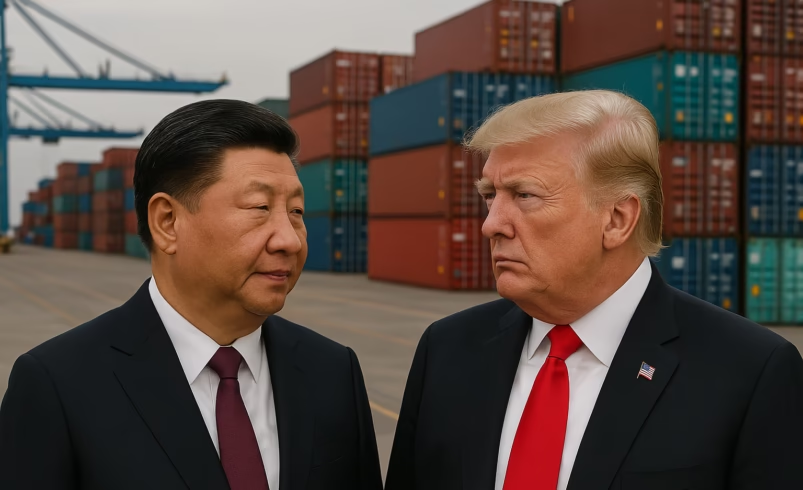China’s Strategic Trade Tactics: Xi Jinping’s Influence on Global Markets
- August 13, 2025
- 0

President Trump recently extended the US-China tariff truce for an additional 90 days, a move aimed at reducing escalating tensions between the two economic giants. This extension is part of a broader strategy to find common ground and potentially avert a full-blown trade war that could have significant global repercussions. The temporary pause in tariff increases provides both nations with an opportunity to negotiate and address underlying trade issues.
Amidst these negotiations, Chinese President Xi Jinping is employing a calculated approach by leveraging China’s control over critical supply chains. One of the most notable areas of influence is China’s dominance in the rare earths market, which is essential for various high-tech industries and defense sectors. By potentially restricting access to these vital materials, China can exert considerable economic pressure not only on the United States but also on its allies, thereby reshaping global trade dynamics.
The strategic use of supply chains by China highlights a significant shift in global trade dynamics. As countries become increasingly dependent on these critical resources, any disruption can have far-reaching consequences for industries worldwide. This tactic allows China to target key sectors, potentially altering the balance of power in international trade. The ongoing negotiations and strategic maneuvers underscore the complexity and interdependence of modern global economies.
China’s ability to influence supply chains has profound implications for critical industries, particularly those related to technology and defense. The potential restriction of rare earths could lead to increased costs and supply chain disruptions, prompting countries to seek alternative sources or develop domestic capabilities. This situation emphasizes the need for nations to reassess their reliance on single-source suppliers and explore diversified supply chain strategies.